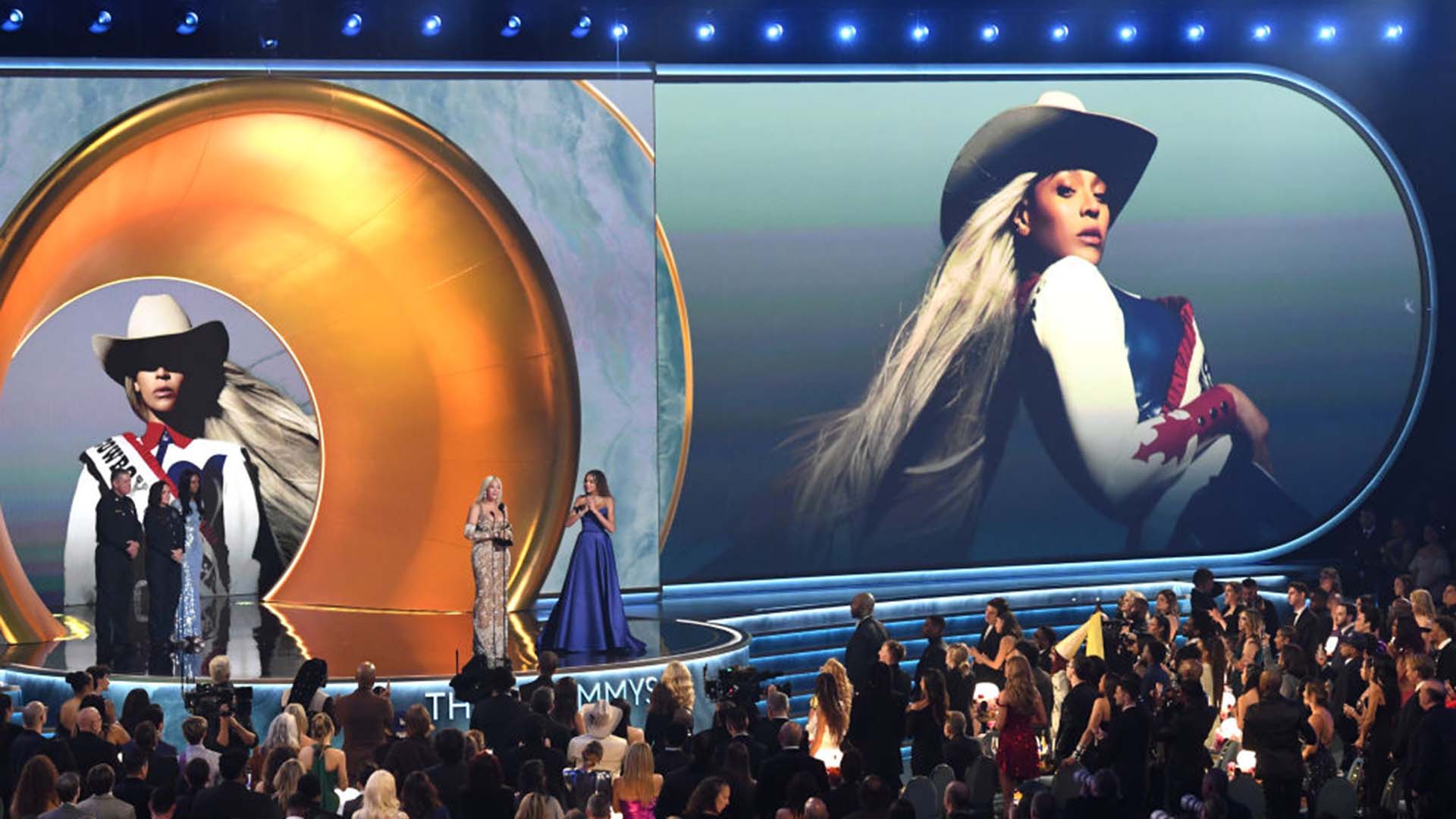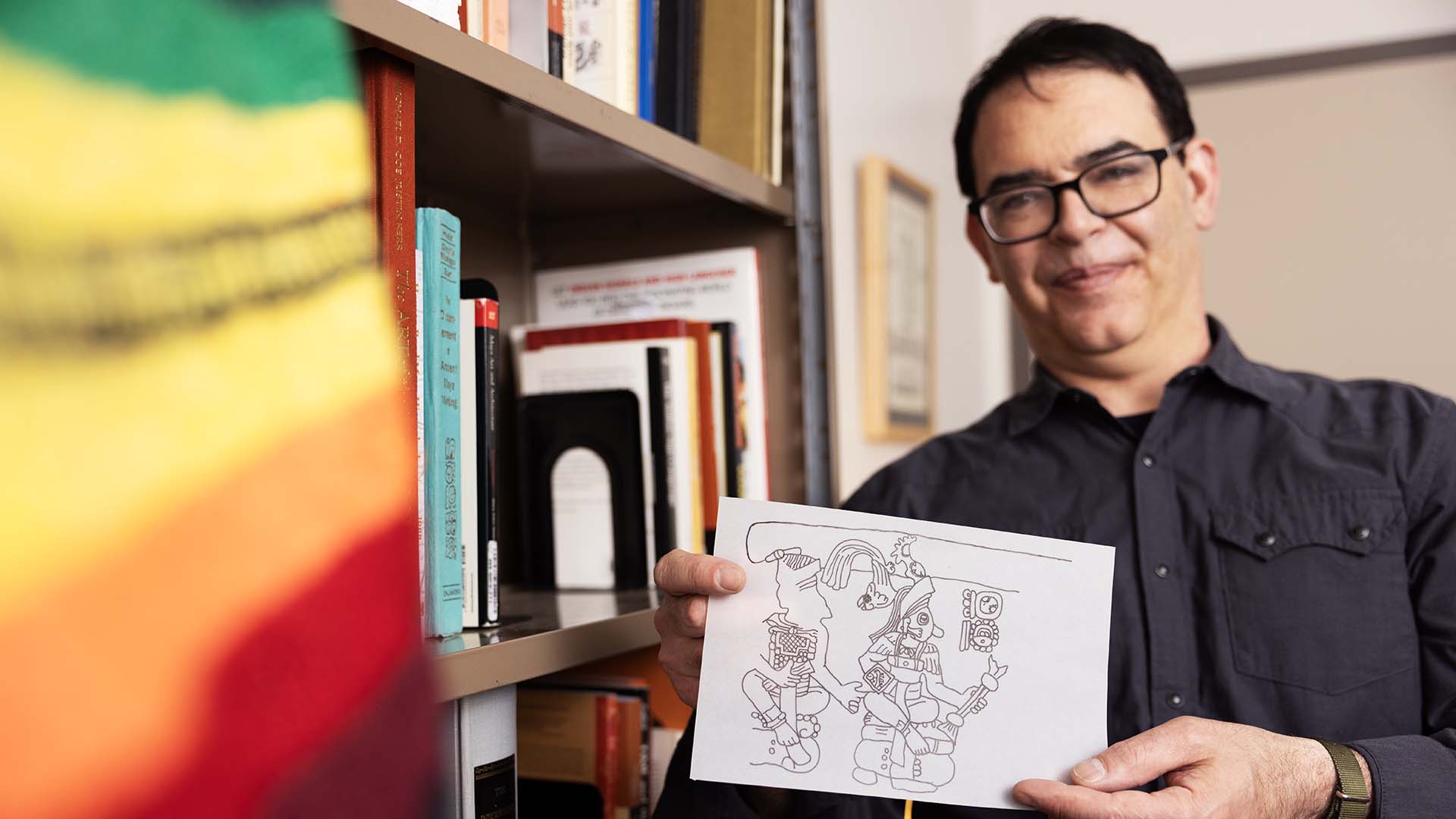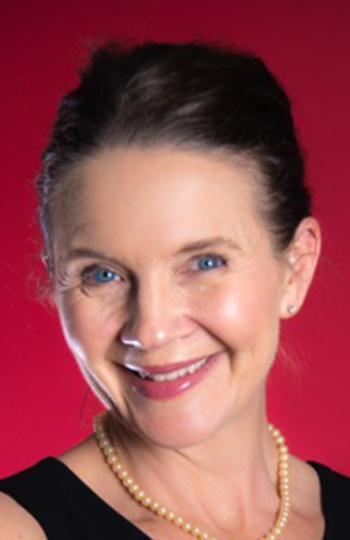Korean wave washes over America — and college campuses
Student demand is driving more East Asian language courses and study-abroad experiences.
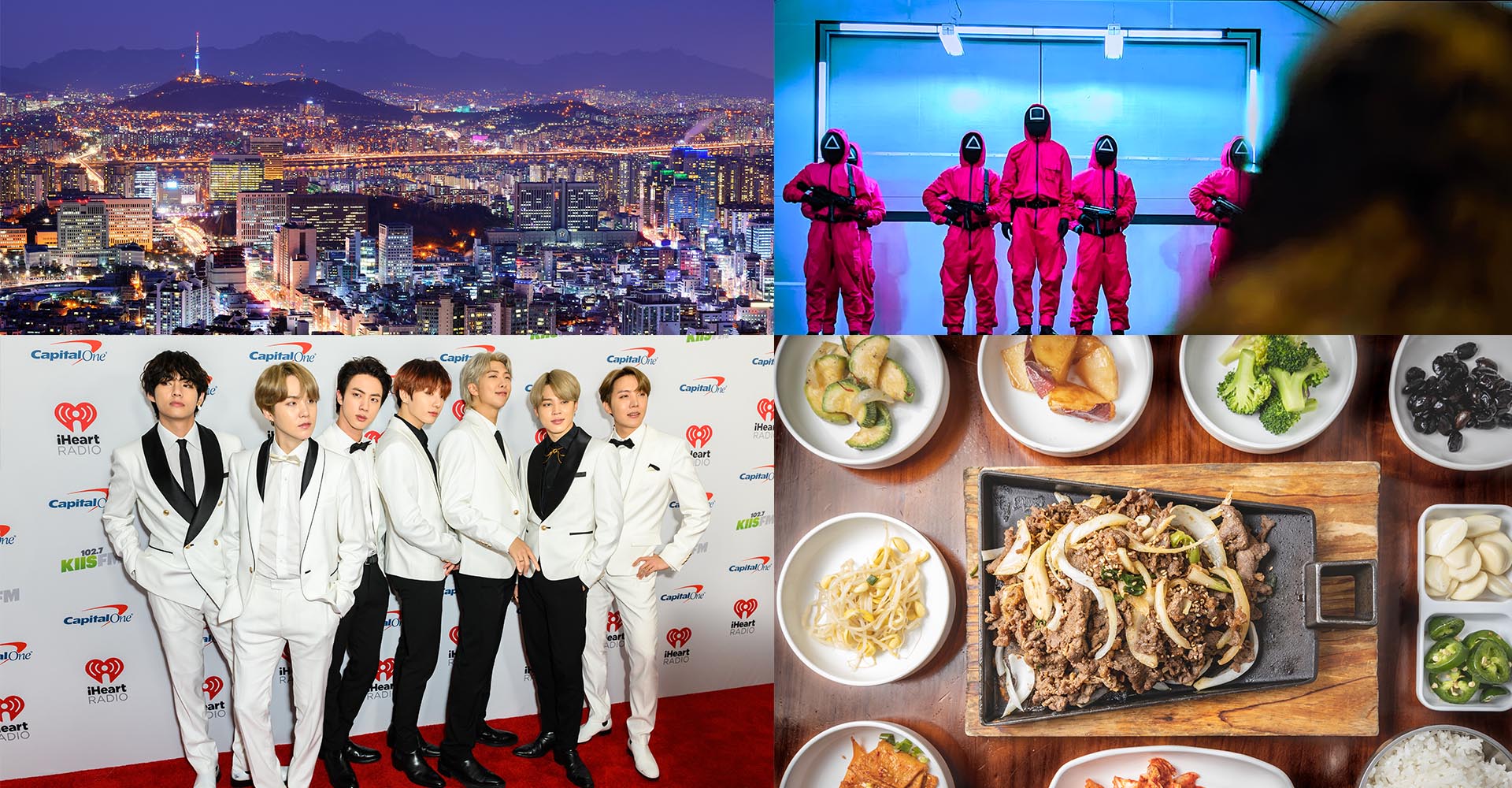
Hallyu — which literally translates to “Korean wave” — refers to the popular diffusion of South Korea’s colorful and dynamic culture across the world. For Americans, it has been all but impossible to miss the impact of South Korean culture.
The massive K-pop act BTS has been selling out U.S. stadiums and meeting the President. The film “Parasite” became the first foreign-language movie to win best picture at the Oscars. And two years ago, “Squid Game” became Netflix’s most-watched show of all time. Even Korean cuisine is fast becoming an American staple, with kimchi and bulgogi among the favorite foods.
Unsurprisingly, this widespread enthusiasm for all things Korean has found its way to college campuses. Enrollment in Korean language courses nationwide rose 78% from 2009 to 2016. To meet popular demand, the World Languages Department at Metropolitan State University of Denver created an Introduction to Korean summer class, and a growing number of students not content with simply learning the Korean language are actually going to study there.
“Korean pop music, movies and dramas have become incredibly popular throughout the U.S.,” explained Kayoko Moore, senior lecturer of Japanese at MSU Denver. “And so naturally, many students are interested in learning the language in order to better understand them.”
But besides enjoying the country’s rich cultural highlights, Moore pointed out that some of those taking the course might also be interested in the potential for future travel, study or even employment in the country.
“Following the Introduction to Korean course, most students will be able to manage basic communication with Korean speakers on everyday topics,” she said. “And that could prove really useful for them in the future.”
Conversational skills
While Korea-mania may be surging just now, healthy student interest in lesser-known languages is no recent phenomenon at MSU Denver.
For years, the Directed Independent Language Study program has hired native-speaking students to coach student learners who want to learn esoteric languages outside the regular curriculum.
Interest in the program — which has previously covered Arabic, Russian, Swedish and Portuguese — recently grew exponentially. And no prizes for guessing which is the most popular language.
While Korean may be the current favorite, Moore pointed out that the DILS program always constitutes a genuine win-win, whatever the language.
“Student learners benefit from accessing these great classes free of charge, while our student coaches gain valuable teaching experience and a paid job on campus,” she said.
Even better, Moore added, the student coaches have a chance to share not only their native language but also their culture and customs, and some even go on to become language instructors.
Cultural pull
Perhaps the most breathtaking aspect of the Hallyu phenomenon has been its speed.
When military rule ended in South Korea late last century, the country’s newly liberalized and seemingly irresistible popular culture started making itself felt almost immediately beyond the country’s borders — first in nearby Asian countries and then across the Western world.
Years later, K-culture has hooked many in the Centennial State. MSU Denver sends up to 250 students to study overseas during each school year. And according to Jennifer Provizer, study abroad advisor, South Korea is an increasingly popular destination.
“Many of our students who gravitate towards South Korea tend to feel a strong cultural pull to the country,” she said. “Anecdotally, at least, lots of them cite the country’s music, exceptional cuisine, great movies and powerful K-dramas as motivating factors.”
RELATED: After a two-year hiatus, study-abroad and long-distance travel opportunities are back
This was certainly the case for recent MSU Denver graduate Brenden Gilliss, who spent a summer in Seoul while studying for a bachelor’s degree in Broadcast Journalism and a minor in Japanese.
“My attraction to East Asia stemmed from my fascination with the cyberpunk genre of media and literature,” he said, “plus my passion for efficient public transit, at which Korea excels.”
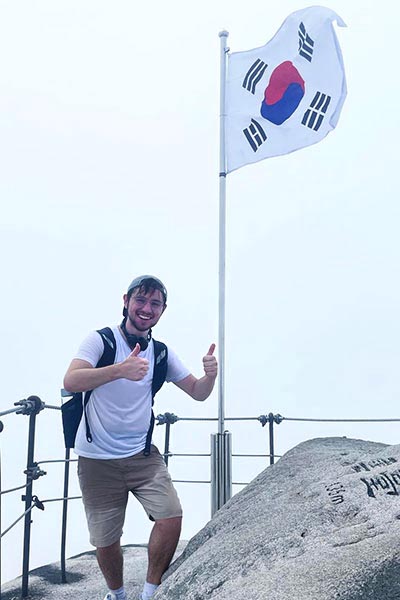
While living in Seoul, Gilliss used the country’s superior subway, rail and bus systems to explore the whole city and its neighboring areas.
But more than anything, he just wanted to immerse himself in Seoul’s charged atmosphere and exotic cityscapes. “Seoul contains the kind of Blade Runner-style environments — neon light clusters, rainy streets, crowded alleyways — that I could only dream of seeing in America,” he said.
Growing wave
One thing’s for sure: The mighty Hallyu wave shows no signs of breaking any time soon.
“Squid Game 2” is currently in production; a bevy of K-pop acts are crawling all over the charts; the K-drama genre seems stronger than ever on streaming platforms and Korean cuisine is dominating the internet.
And that’s before you even consider how deeply embedded Korean beauty, fashion and technology products have become throughout our culture.
The original K-pop giants BTS accurately summed up the current Korean trajectory when they topped the Billboard global charts again last year with their song, “Yet to Come.”
“My best is what comes next,” the lyrics promise. And if Hallyu continues as it started, we’d be fools to doubt them.



